-
•
•
If doctrines can have ideological parents, then the doctrine of the gathering is clearly descended from the Abrahamic covenant, the same that is discussed in Old Testament Gospel Doctrine lesson 7. Throughout the scriptures, when the Lord talks of “gathering” his people, he is refering to Israel, the descendants of Abraham. The covenant speaks of giving his people a promised land—the place where his people will be gathered to. Indeed, the gathering is simply a part of how the Lord’s covenant with Abraham is fulfilled. I think that many of the elements of the Abrahamic covenant are found in the… Read More
-
•
•
One response
When we cover the sacrament in our lessons, the focus is usually on the doctrines behind the ordinance. In lesson 6 of the Teachings of Joseph Fielding Smith manual those doctrines are found in remembering the atonement and in the covenant made at baptism and renewed by the sacrament. However, I think there is a bit more to the role of the sacrament and sacrament meetings than these doctrines—social meanings that might be found in the following two poems. Read More
-
•
•
One response
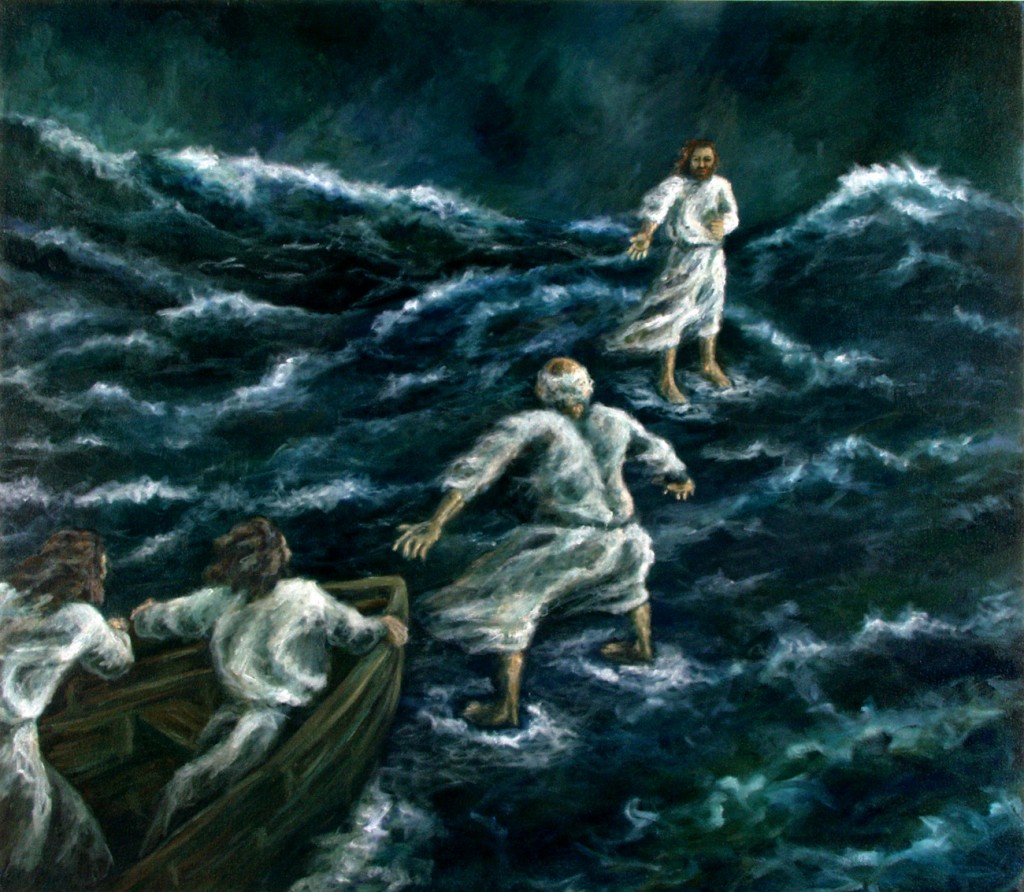
When we talk about faith in Mormonism, we often emphasize the idea that the important part of faith is not just belief in something true, but faith in Jesus Christ. And while we use lots of examples of faith, sometimes those examples leave out the role of Christ in our lives and in our faith. The Teachings of Joseph Fielding Smith manual lesson #5 explores both faith and repentance, including the role of Jesus Christ in each. So the following poem seemed to fit very well. Read More
-
•
•
14 responses
Why is the brother of Jared called the brother of Jared? He is far more important in the narrative of the Book of Ether than Jared, so why isn’t Jared called the brother of Moriancumer instead? Here’s my swipe at this much-pondered issue. One might think that Jared is more of a political leader, even though his brother is clearly the more spiritual one, and it is Jared’s political importance that makes him the one with the name recognition. At times, it looks like Jared is telling his brother what to do. Jared asks him to pray for them and… Read More
-
•
•
One response
Lesson 6 of the Old Testament Gospel Doctrine manual seems like a difficult lesson to me. It covers both the story of Noah and the flood as well as the story of the tower of Babel. The lesson combines these disparate stories under the very general topic of worthiness and avoiding the evils of the world, which may not give most teachers much to work with. While I can’t really tell teachers where to go with this, I did find a poem that also addresses these stories (and a few more) in a very general way. Read More
-
•
•
57 responses
This is a guest post from Julie Hartley-Moore, who has a Ph.D. in anthropology from Columbia University. She taught at BYU for 9 years, was a Dean at Elgin Community College in Illinois, and is now director of the Utah State University Campus in Tooele. She is a wife and mother of two. Read More
-
•
•
29 responses
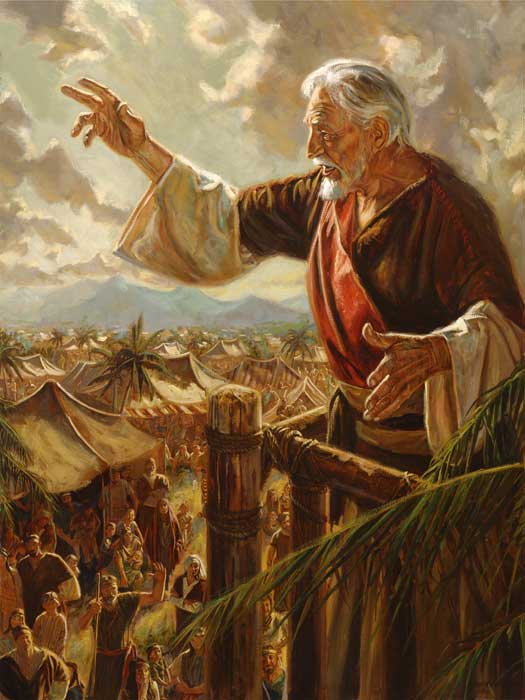
I am a beggar. I view King Benjamin’s discussion of the beggar as the ultimate Mormon discourse on desert and wealth. Hugh Nibley spoke much on the topic as well. By his own admission, Nibley was drawing upon King Benjamin. Mosiah Chapter 4: 16 And also, ye yourselves will succor those that stand in need of your succor; ye will administer of your substance unto him that standeth in need ; and ye will not suffer that the “beggar putteth up his petition to you in vain, and turn him out to perish. 17 Perhaps thou shalt say: The… Read More
-
•
•
21 responses
As a Mormon, you belong to two churches: your local congregation, be it ward or branch (the Local Church), and the Church of Jesus Christ of Latter-day Saints (the Institutional Church). While something similar may be true for members of other denominations, it is more true for and has more effect on Latter-day Saints. You may draw strength from both your Local Church and from the Institutional Church; I do, and I think most Mormons do. But they are surprisingly distinct units, with rather different, if complementary, agendas. Read More
-
•
•
42 responses

Media around the world have been reporting the developments in Utah in relation to same-sex marriage. Nearly always the articles and broadcasts also mention the Mormon Church as the conservative force that tries to prevent same-sex marriage. What could be the effect of such reporting on the image of the Mormon Church worldwide? As far as can be known, what do church members around the world think about same-sex marriage? How will the Church deal with same-sex couples who are legally married in a growing number of countries? This (long) post tries to suggest answers to these three questions. But first, the… Read More
-
•
•
14 responses
Mark’s writing style is characterized by parataxis, which means that he writes really short, simple sentences and then joins them together with the word “and.” (It’s the kind of thing your elementary school teachers were always trying to get you to stop doing.) Read More
-
•
•
4 responses
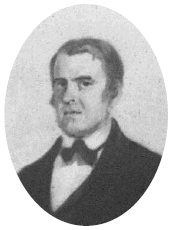
While many teachers will focus their teaching of Old Testament Gospel Doctrine lesson #5 on the story of Cain and Abel, that is only half the lesson. The other half of the lesson is the story of Enoch and his city—perhaps a more positive example for us today as we strive to live the admonition “be ye therefore perfect.” The following poem is like the story of Enoch, one of the most unusual works in its corpus. As the prefatory paragraph indicates, it came out of an LDS meeting in which Elder David W. Patten (still at least 2 years… Read More
-
•
•
33 responses

One of my heroes is Hugh Nibley. I know. I know. How cliche for a Mormon Studies guy. Though it seems almost equally cliche to dismiss Nibley. In my second semester of graduate school at the University of Utah, I took a graduate seminar in ethics and public affairs. It was a small group. I was the only active Mormon. However, most of the regular participants in the seminar were very familiar with Mormonism. Jason was a returned missionary who had served in Japan. He worked at Sam Wellers Bookstore in downtown Salt Lake City. He was gay and had… Read More
-
•
•
19 responses

Superheroes are a different breed. For a lot of them, this is literal. Most of the well-known superheroes in the Marvel Universe (Fantastic Four, X-Men, Avengers, etc.) are mutants. One of the central themes is the tension between ordinary humans and those genetically gifted with extraordinary mutant powers. Other superheroes start out as perfectly normal human beings before something happens to set them apart. Peter Parker is consecrated by the bite of a radioactive spider. The Green Lanterns are called and chosen by an ancient alien race at the center of the Universe and endowed with power rings that let… Read More
-
•
•
166 responses
It’s hard to know the future, but I will hazard a prediction: the Ordain Women project will fail. If I understand its ambitions correctly, Ordain Women would define success as an announcement that the prophet, having followed the invitation of these faithfully agitating sisters, has gone to the Lord and has received a revelation that women are to be ordained to the priesthood. I don’t know if women will ever be ordained to the priesthood, but I would be shocked if this was to happen while any institutional breath breathed in the Ordain Women movement. There are two reasons for… Read More
-
•
•
While ‘strengthening the family’ might seem like code for a political position these days (please, no politics on this post), lesson 4 in the Joseph Fielding Smith lesson manual seems to boil the idea down to the ways in which we live together. The lesson says stronger families come from “spending time together, loving each other, and living the gospel together.” In most of our poetry, this is something assumed—background to another message the poet is trying to communicate. So in the following poem the ideas behind strengthening the family are part of another message, celebrating those who have the… Read More
-
•
•
8 responses
I’m about a third of the way through Stephen W. Webb’s Mormon Christianity: What Other Christians Can Learn From the Latter-day Saints (OUP, 2013). Webb is a Catholic professor of philosophy and theology turned writer. His Catholic perspective on LDS doctrine and his evident sympathy for the LDS approach to Christianity make this insightful outsider treatment of LDS theology quite refreshing. I will no doubt post a longer discussion of the book in a week or two, but here is a quotation highlighting some similarities between Catholic and Mormon approaches to Christianity (apart from both traditions being the target of… Read More
-
•
•
6 responses
Times and Seasons is pleased to welcome Chris Henrichsen as our latest guest blogger. Chris has been blogging for years, first at FPR and then, since February 2013, at the Patheos column Approaching Justice. He has a BA and an MA in political science from the University of Utah and is currently working on a doctorate, also in political science, at Idaho State University. In 2012, Chris ran for the House of Representatives in Wyoming as a Democrat. Chris has taught political science and philosophy at BYU, BYU-Idaho, UVU, and Casper College. He recently relocated to Las Vegas with his… Read More
-
•
•
277 responses
A Play in One Act Heber: . . . and that’s why we should all recognize that Mormons are Christians. Aquinas: Whoa, whoa. I understand your enthusiasm. The label of Christian is really valuable. But it also has a set definition. And I don’t think Mormons are in that definition. Heber: Why not? We believe in Jesus, don’t we? Christianity is defined by one thing: Belief in Jesus. Aquinas: That’s where you’re wrong. In fact, there’s a lot more to Christianity than belief in Jesus. Throughout human history, the word “Christian” has included a complicated package of additional, interrelated ideas.… Read More
-
•
•
78 responses
As reported by outlets including Above the Law, well-known LDS attorney Gene Schaerr is leaving his law firm for a new post at the State of Utah. His departure e-mail describes his new role as “defending the constitutionality of traditional marriage.” This certainly seems like a worthwhile endeavor. It would be terrible if male-female marriage (which is often described as “traditional marriage”) were found unconstitutional, barring straight folks from marrying. I have good news, though. A careful perusal of the Kitchen v. Herbert opinion reveals that male-female marriage remains completely constitutional in Utah. In fact, based on anecdotal reports, male-female… Read More
-
•
•
7 responses
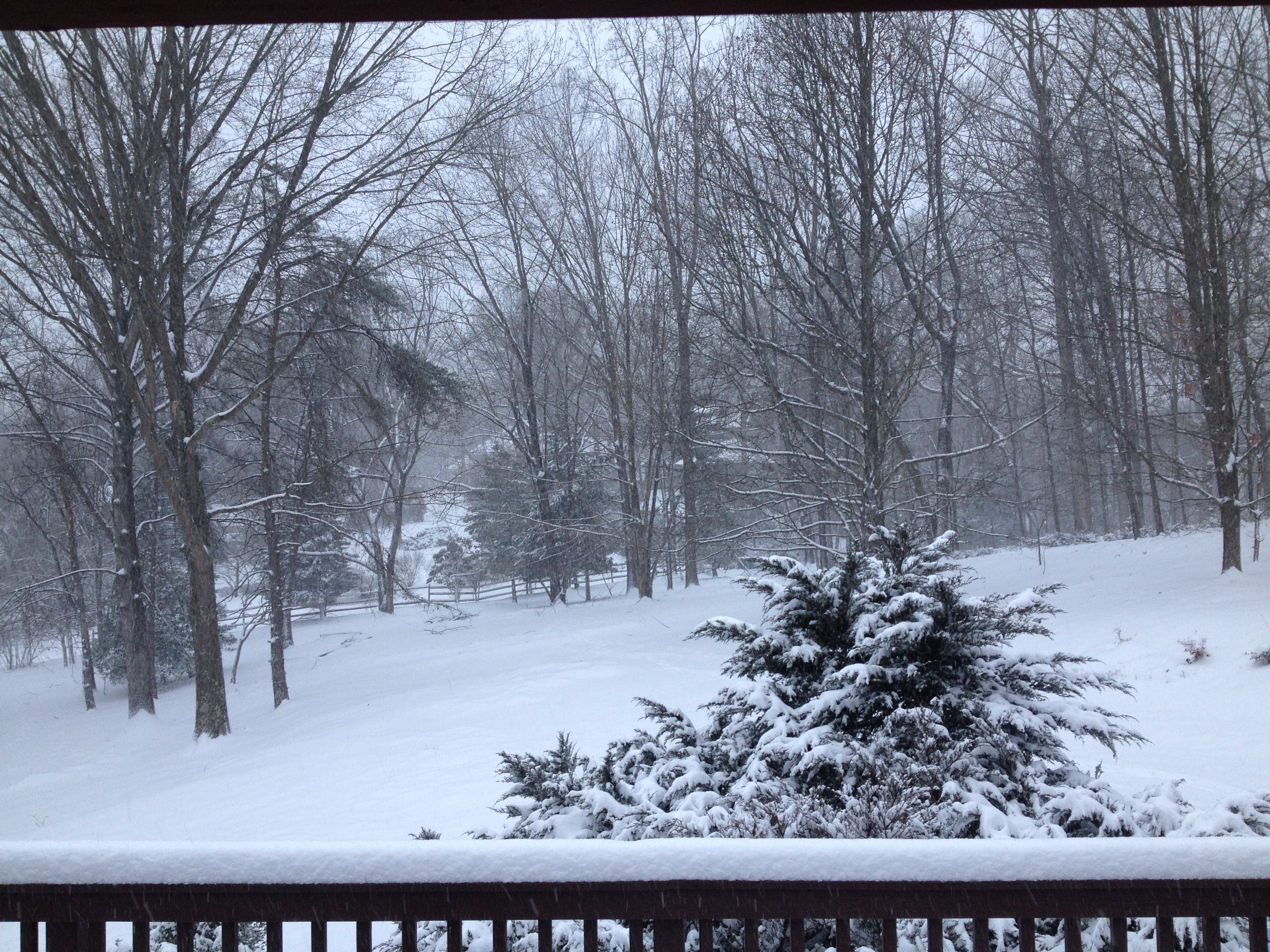
Strutting down the driveway, whistling with a snow shovel over my shoulder I had a moment where I was struck by the absurdity of the scene. I smiled. Then I wondered at it and how it came to be. Late morning, and gloriously the DC area shuts down at the mention of snow. So I’m still in my pajamas, hanging the picture frames I’ve been meaning to get at for some time. “James, quick, there’s a car stuck out there. Get your shovel and go help.” “Oh. Sure.” That was it in terms of words and thought. But even if… Read More
-
•
•
158 responses
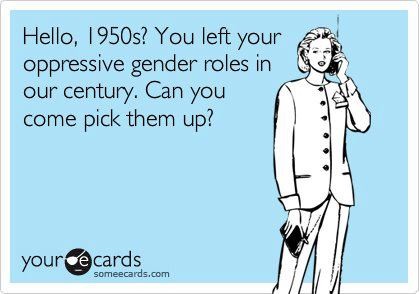
It is an ancient and time-honored tradition of fathers to leap out from behind corners and startle their little kids. According to the venerable template, the little one will shriek in faux terror and scamper away in expectation of pursuit. My son has different ideas. If my son is startled by something truly unknown, like the low-flying medical helicopter that often passed over our apartment in Michigan, then he will get scared. But if he can identify the source of a perceived threat, then his instinctive reaction is immediate and unrestrained aggression. This has been the case at least as… Read More
-
•
•
One response
When we talk about the Fall and its roll in the plan of salvation, as Old Testament Gospel Doctrine lesson #4 does, the focus naturally (and properly) is on the effects of the Fall and its relationship with the atonement. But the Fall is also the story of a relationship between Adam, Eve and God. his makes it easier to put ourselves in the place of Adam and Eve, and in the process learn, in a very palpable way, the consequences of a separation from God and the need for a way to return to Him. In that sense, the… Read More
-
•
•
14 responses
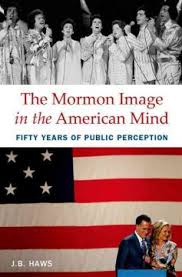
Over the holidays I read The Mormon Image in the American Mind: Fifty Years of Public Perception (OUP, 2013), by J. B. Haws, a BYU history prof. Technically, the book is a study of how the LDS Church and Mormonism in general is perceived by the American public, and the author presents survey data throughout the book to gauge the ups and downs of the various ways that Mormons and the Church are viewed. No doubt the book is required reading for every LDS Public Affairs employee. But for most readers the book also serves quite nicely as a narrative… Read More
-
•
•
47 responses
In March, the Supreme Court will hear a pair of cases on whether for-profit employers can claim a religious exemption to the Affordable Care Act’s requirement that employer health plans cover contraceptives without any out-of-pocket expense because the use of contraceptives violates their owners’ religious beliefs. In a Washington Post op ed this week, Fred Gedicks, the Guy Anderson Chair at BYU Law School (and a prior T&S guest blogger), flips the case on its head, claiming that it is actually exemptions from the “contraception mandate” that pose a threat to religious liberty. The op ed briefly summarizes a journal… Read More
-
•
•
When we talk about the plan of salvation, as Teachings of the Presidents of the Church: Joseph Fielding Smith lesson #3 does, we focus on several key elements: the pre-existence, the fall, the atonement, the resurrection and the judgment. That’s a lot of ground to cover—and often our lesson manuals cover each of those elements separately. Likewise, it is difficult to come up with a single poem that covers all of this territory. But Elder Orson F. Whitney, who served as an Apostle from 1906 to 1931, seemed to love writing poetry about the gospel and the plan of salvation,… Read More
-
•
•
3 responses
In our science-oriented world today, its hard to see the creation stories in the Bible and Pearl of Great Price as recounting actual events or having meaning beyond a simple myth explaining the origin of life. So when we teach the creation in classes like the current Old Testament Gospel Doctrine lesson 3, I believe the best option is to put the story in a gospel context, and emphasize its meaning as part of our understanding of the purpose of life, rather than historical or scientific events. Although written in the 1840s with a traditional view of the creation, the… Read More
-
•
•
10 responses

I published a new book called Letters to a Young Mormon (Maxwell, 2014). It’s very small and very personal. You should read it. Read More
-
•
•
47 responses
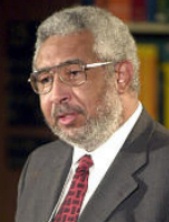
After due consideration the staff of Times and Seasons has selected Darius Gray as the 2013 Mormon of the Year, our annual designation of the Mormon who had the greatest impact or influence on Mormons and Mormonism during the year. Read More
-
•
•
75 responses
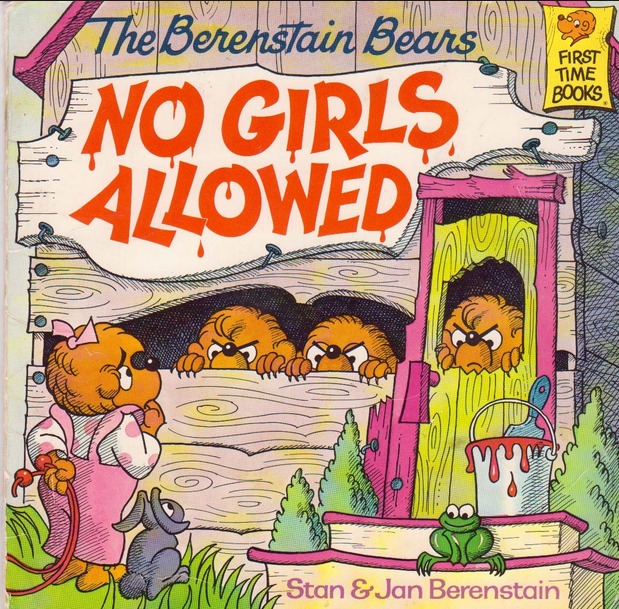
Although general terms like “liberal” and “conservative” should always be handled with care, there’s a basic understanding that the movement to ordain women is predominantly a liberal movement and that the skeptics are predominantly conservative. Broadly speaking, this is correct. But some go farther and argue that the default conservative position is to defend the status quo. This is a grave error. The error arises from a misunderstanding of how conservatism operates in a Mormon context. That basic idea of conservatism is “retaining traditional social institutions.” This is always more complex than merely a reflex to defend the status quo.… Read More
-
•
•
11 responses
This is going to meander a bit at first but bear with me. Each semester I have to grade something like 1,340,567 pages of student exams. It is horrible. To dull the pain, I pick a new music group each semester as my “grading discovery.” Last semester I picked Brandon Flowers and the Killers. I’d never paid much attention to them, but I got interested after I saw Brandon Flowers’s “I am a Mormon” video spot. It was a happy discovery. I like them. Much to my surprise a long-time friend of mine, an accomplished lawyer and former stake president,… Read More
